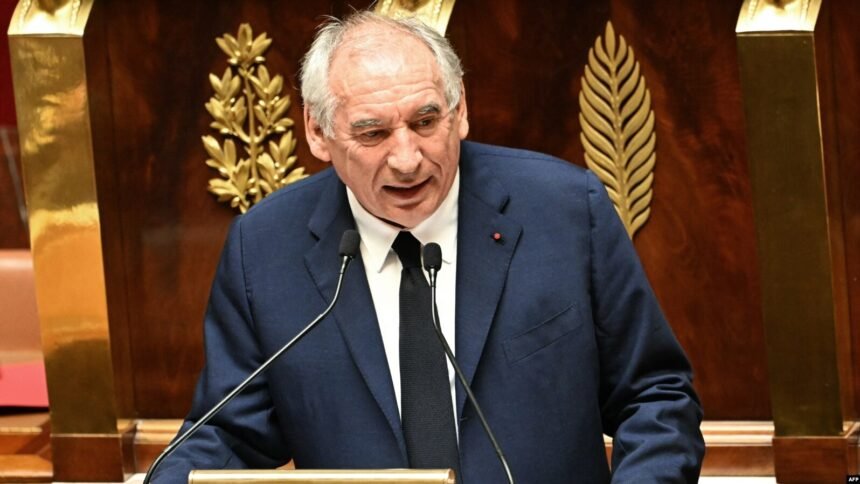The French Parliament has voted to dismiss Prime Minister Francois Bayrou’s government after nine months in office, following a vote of no confidence initiated by Bayrou on September 8.
During the vote in the National Assembly, 364 deputies voted in favor of dismissing the government, while 194 voted against.
“In accordance with Article 50 of the Constitution, the Prime Minister must submit the resignation of his government,” stated Parliament Speaker Yael Braun-Pivet.
According to AFP sources, Bayrou is expected to formally submit his resignation to President Emmanuel Macron on Tuesday morning. Bayrou is now the third French Prime Minister within 12 months, highlighting ongoing political instability.
Bayrou, a 74-year-old centrist, had been appointed by Macron less than nine months ago. He advocated for spending cuts to curb the growing state deficit and debt, but opposition deputies promised to use the opportunity to topple his minority government, which included centrist and right-wing ministers.
The fall of Bayrou’s government is expected to increase uncertainty in the Eurozone’s second-largest economy. Macron will now face the arduous task of finding a successor capable of navigating the same fragile political and fiscal environment.
Context and Political Dynamics
The National Assembly, with 577 deputies, convened an extraordinary session at 3:00 PM on Monday, interrupting summer recess. Bayrou required a majority to survive, but opposition parties on both the far right and far left, holding over 320 seats, voted against him. Centrist and allied conservative deputies held 210 seats.
“What sense does it make to topple the government? These are political groups that not only disagree with everything but are openly fighting each other,” Bayrou said in an interview with Brut, expressing disappointment at the united opposition.
Macron now faces the challenge of appointing a successor who must contend with the same budgetary pressures and political fragmentation. The president retains broad authority over foreign policy and the military, while the Prime Minister is accountable to Parliament for domestic and economic policy implementation.
Fiscal Challenges
Bayrou had proposed €44 billion in spending cuts for 2026, citing the previous year’s 5.8% deficit, well above the EU’s 3% limit. France is also facing a soaring public debt, reaching €3.346 trillion, or 114% of GDP, in Q1 2025. His plan, which included eliminating two public holidays, was sharply criticized by political rivals.
The government’s fall underscores the fragility of France’s centrist coalition and raises concerns about economic stability and governance continuity.







